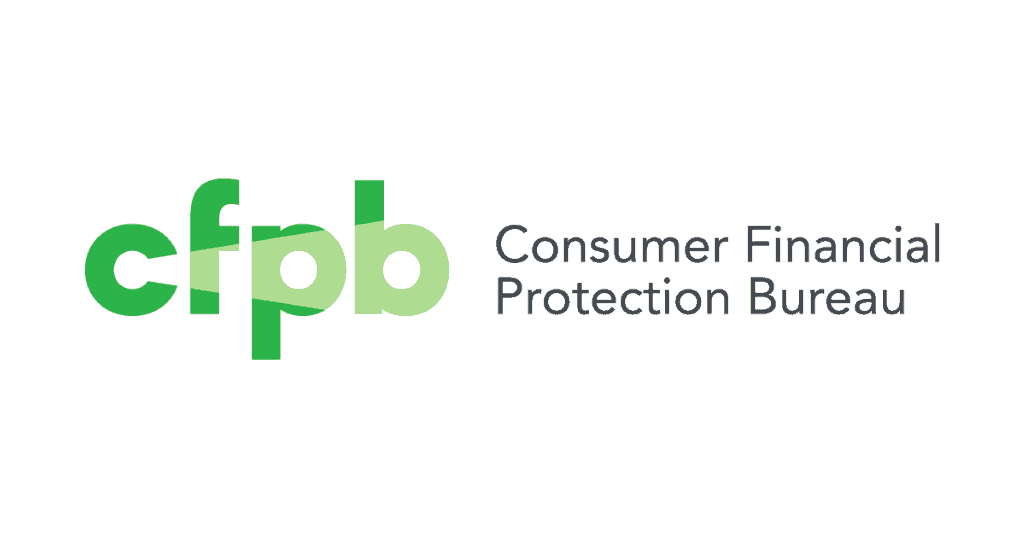Blog
Collection Agencies Register for CFPB Complaint Database
May 30, 2013

The Consumer Financial Protection Bureau expanded its consumer complaints database this spring – both in the scope of complaints it will take and in the other government agencies it will share the data with – and now offers an online company portal where businesses can view complaints about their company, if they register with the CFPB.
The agency explains that by registering to gain access to the portal, companies assume the obligation to follow up on CTPB procedures, including responding to complaints, including the steps taken to resolve the complaint, within 15 days of a company receiving it through the portal. Companies can request additional time, up to 45 days, to respond to a complaint, but if companies don’t respond within at most 60 days from receiving a complain, it will be tagged by the CFPB for review and investigation by the agency’s Offices of Supervision and Enforcement.
This seems like bad news for consumer debt collectors. A full 10% of the complaints the FTC received in 2012 were related to debt collection, making it the second highest category of complaints for the agency two years running. Both the FTC and the CFPB have made public commitments to crack down on noncompliant consumer debt collectors; as of this spring, the CFPB has authority over 175 debt collectors in the country, or more than 60% of the industry’s annual receipts in the marketplace.
However, as the CFPB Monitor explains, there can be a benefit to registering with the CFPB portal -if a company dedicates the necessary resources and makes the necessary investments to ensure complaints are received, consumers contacted, and issues resolved in a timely manner. This is because the CFPB will use its complaint database in deciding which nonbank businesses to examine and, by registering and handling complaints on its own, a company can display it doesn’t need the agency’s oversight.
By demonstrating that it is responsive to complaints, a company may be able to forestall enforcement action or mitigate any penalties if an enforcement action is begun.
A reasonable investment of time and resources now can help prevent, or at least mitigate, enforcement action in the future.
Core Phone for Consumer Debt Collection provides automatic compliance with contact regulations and creates auditable records of multi-channel communications with consumers.
Related Posts
There’s a common misconception that implementing a contact compliance solution for DNC and TCPA compliance will hurt your marketing outreach, ultimately impacting revenue growth. However, this doesn’t have to be…
Year after year consumer trust and brand loyalty continue to be integral to the success of organizations. Can your organization afford to be the headline in major DNC and TCPA…
Understanding the risks of violating the Telephone Consumer Protection Act (TCPA) and Do Not Call (DNC) regulations starts with understanding the regulations themselves. The TCPA was created to protect consumers…
Learn more about Gryphon